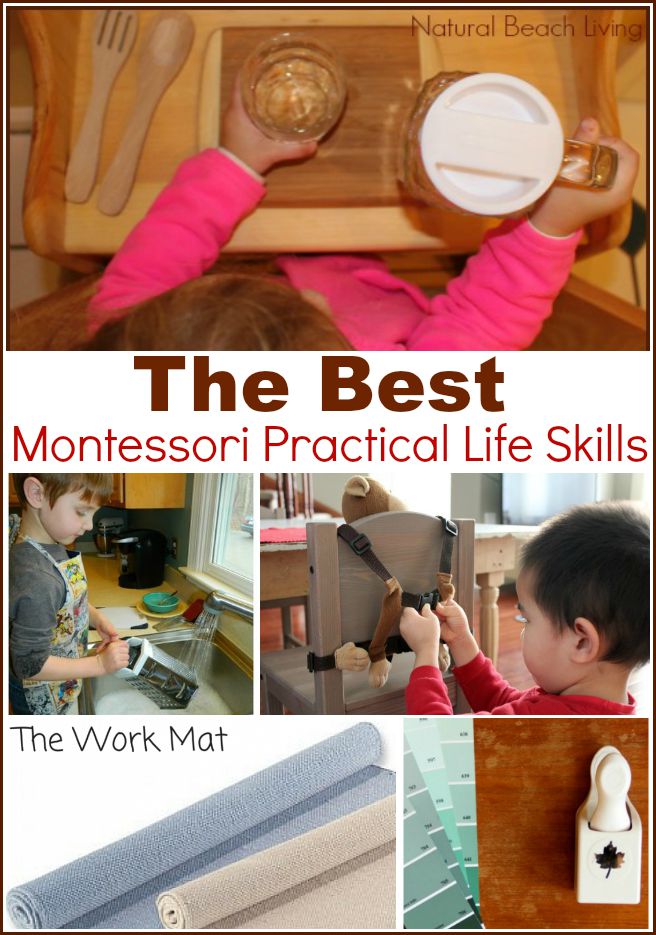Introduction
As a music teacher, you play a crucial role in shaping the musical journeys of your students. Mastering music instruction requires a combination of skill, creativity, and dedication. In this article, we’ll explore essential tips for music teachers to enhance their teaching practice and inspire musical excellence in their students.
Embrace Diversity in Learning Styles
One of the most important aspects of mastering music instruction is recognizing and embracing the diverse learning styles of your students. Some students may thrive in hands-on, experiential learning environments, while others may excel in more traditional instruction settings. By catering to the individual needs and preferences of each student, you can create a more inclusive and effective learning experience.
Foster a Positive Learning Environment
Creating a positive and supportive learning environment is essential for fostering musical growth and development. Encourage open communication, collaboration, and mutual respect among your students. Celebrate their achievements and milestones, no matter how small, and provide constructive feedback to help them improve and grow as musicians.
Set Clear Learning Objectives
Before each lesson, take the time to set clear and achievable learning objectives for your students. Define what you hope to accomplish during the lesson and communicate these goals to your students. Having clear objectives will help keep your lessons focused and organized, ensuring that you cover all necessary material while also allowing for flexibility and spontaneity.
Utilize a Variety of Teaching Techniques
Effective music instruction requires a diverse repertoire of teaching techniques and methods. Experiment with different approaches, such as visual aids, hands-on activities, group discussions, and demonstrations, to keep your lessons engaging and interactive. Tailor your teaching techniques to the specific needs and interests of your students, and be open to adapting your approach as needed.
Encourage Creativity and Exploration
Music is a creative and expressive art form, and it’s essential to encourage creativity and exploration in your students. Provide opportunities for them to experiment with different musical styles, genres, and instruments, and encourage them to express themselves through their music. Foster a supportive environment where students feel free to take risks and explore new ideas without fear of judgment.
Provide Constructive Feedback
Constructive feedback is an invaluable tool for helping your students improve and grow as musicians. Offer praise and encouragement for their accomplishments, but also be honest and specific in your critiques. Identify areas where they can improve and provide practical suggestions for how they can enhance their skills and musicianship.
Promote Collaboration and Peer Learning
Music is often a collaborative endeavor, and promoting collaboration and peer learning can enhance the learning experience for your students. Encourage them to work together on projects, share ideas and feedback, and learn from one another’s strengths and weaknesses. Collaborative learning fosters teamwork, communication, and problem-solving skills, all of which are essential for musical success.
Stay Inspired and Continuing Education
As a music teacher, it’s essential to stay inspired and motivated in your own musical journey. Attend workshops, conferences, and professional development opportunities to expand your knowledge and skills. Stay current with trends and developments in music education, and seek out opportunities to collaborate with other educators and musicians. By continuing to grow and learn as a teacher, you can better serve your students and inspire them to reach their full musical potential.
Conclusion
Mastering music instruction is a lifelong journey that requires dedication, creativity, and a passion for music. By embracing diversity in learning styles, fostering a positive learning environment, setting clear learning objectives, utilizing a variety of teaching techniques, encouraging creativity and exploration, providing constructive feedback, promoting collaboration and peer learning, and staying inspired through continuing education, you can enhance your teaching practice and inspire musical excellence in your students. Read more about tips for music teachers





